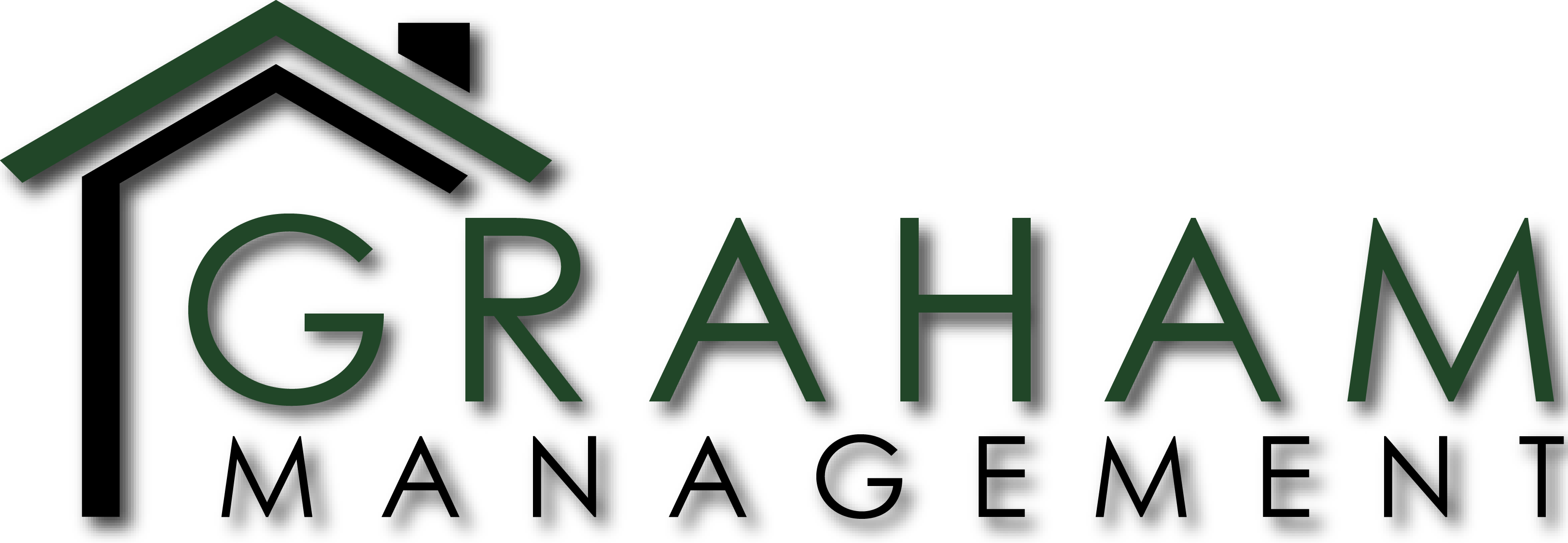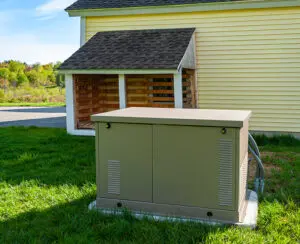Board members and homeowners should be aware of the unenforceable HOA rules in Texas. In the Lone Star State, there are laws that prohibit homeowners associations from enforcing certain restrictions within their communities. Understanding these will help owners protect their rights and board members avoid liability.
Understanding Unenforceable HOA Rules in Texas
HOAs get their powers from state laws and their governing documents. In Texas, the Texas Property Code regulates homeowners associations. According to this Code, certain rules may not be enforced in HOA neighborhoods. Enforcing these rules would be deemed unlawful.
Chapter 202 and Chapter 209 are two key chapters that apply to HOAs in Texas. Chapter 202 covers the creation and enforcement of Texas restrictive covenants in HOAs. On the other hand, Chapter 209 protects the rights of homeowners and controls the association’s authority.
What are the Unenforceable HOA Rules in Texas?
Under the Texas Property Code, an HOA may not enact certain rules. Homeowners associations in the state can’t outright ban the following things but may enact regulations surrounding them.
1. Prohibiting the Display of the American or Texas Flag
The Freedom to Display the American Flag Act of 2005 states that HOAs can’t prohibit homeowners from flying the U.S. flag. Section 202.012 of the Texas Property Code is the state’s answer to this federal law.
As per this Section, HOAs can’t prohibit homeowners from flying the American flag, the Texas state flag, or any United States Armed Forces flag. That said, an HOA can enact reasonable restrictions concerning the size and placement of the flags.
 2. Restricting Solar Panels and Other Devices
2. Restricting Solar Panels and Other Devices
Section 202.010 of the Texas Property Code states that an HOA can’t ban solar panels and other solar energy devices. But, an HOA can prohibit installations that threaten public safety, breach local zoning ordinances, or go beyond the roofline of the home. An HOA may also require owners to seek approval from the association first, but the board can’t deny approval without reason.
3. Prohibiting Security Cameras and Other Security Measures
Texas Property Code Section 202.023 states that an HOA can’t outright prohibit security cameras, motion detectors, or perimeter fences. Homeowners have a right to protect themselves and their homes. That said, an HOA can still enforce reasonable restrictions on the appearance of these devices.
4. Banning Religious Displays
In Texas, HOAs can’t stop homeowners from putting up religious displays on their own property, thanks to Section 202.018. There are a few guidelines to keep in mind.
Religious items should be smaller than 25 square inches. They shouldn’t include anything offensive or pose any health or safety risks. Plus, homeowners must ensure they do not place them on shared or HOA-owned property, like common areas.
5. Restricting Political Signs
During election season, Texas law (Section 259.002) says HOAs can’t stop homeowners from putting up political signs. An HOA can set some basic rules about how many signs homeowners can have, how big they can be, and where they place them. Homeowners should check their governing documents for more information.
 6. Banning Standby Electric Generators
6. Banning Standby Electric Generators
According to Section 202.019 of the Texas Property Code, HOAs are not allowed to prevent homeowners from installing standby electric generators. Like many other rules, the HOA may still regulate where the generator is placed and how it looks.
7. Restricting Drought-Resistant Landscaping
Because of ongoing water conservation efforts, Texas law prohibits HOAs from banning xeriscaping or drought-resistant landscaping. Section 202.007 of the Texas Property Code gives homeowners the right to use native plants and water-saving irrigation systems.
The same law also protects the use of rain barrels and composting setups. While HOAs may create reasonable landscaping rules, they can’t wholly ban these environmentally friendly options.
8. Prohibiting Certain Roofing Materials
Section 202.011 of the Texas Property Code clearly states that HOAs may not ban wind—or hail-resistant shingles. This same section also protects homeowners who choose shingles that improve energy efficiency by improving heating and cooling.
 9. Restricting Swimming Pool Enclosures
9. Restricting Swimming Pool Enclosures
Texas law protects homeowners’ right to install swimming pool enclosures for added safety. Under Section 202.022 of the Texas Property Code, HOAs cannot prohibit these enclosures. They may set reasonable design standards to preserve the community’s overall appearance.
10. Banning the Possession of Firearms and Ammunition
The Texas Property Code, under Section 202.021, states that HOAs may not prohibit or control homeowners’ ownership of firearms or ammunition. Unlike others on this list, an HOA also can’t regulate the possession of weapons and ammo. This law protects the personal rights of homeowners within HOA communities.
11. Prohibiting Lemonade Stands
Section 202.020 of the Texas Property Code prevents HOAs from banning or regulating children’s lemonade stands. This protection applies to any stand selling non-alcoholic beverages with the property owner’s permission. Associations also can’t require a permit or collect a fee for operating such stands.
Consistent Enforcement and Challenging Unenforceable Rules
Board members have a responsibility to enforce the HOA’s rules in a fair and consistent manner. According to Chapter 209 of the Texas Property Code, homeowners can challenge their HOAs for selectively enforcing the rules.
What is selective enforcement anyway? It is the practice of picking which rules to enforce or applying the rules to some homeowners but not all. A good example is when an HOA punishes one owner for violating pet rules but turns a blind eye to another with the same violation.
Besides selective enforcement, HOAs also can’t retroactively enforce new rules to homeowners. They can challenge their HOA, which issues penalties for actions that weren’t violations when they occurred.
If homeowners believe their HOA is enforcing a rule that may be illegal or unenforceable, they can take several steps. First, they should review Texas state law to determine whether the rule is permitted.
Next, homeowners should request documentation from the HOA board. This includes asking for written justification for the rule and references to specific sections of the governing documents that support it.
Homeowners are also encouraged to attend board meetings, which must be open to all members under Texas law. These meetings allow one to express concerns and explain how the rule may conflict with state regulations.
Homeowners can explore alternative dispute resolution methods, such as mediation or arbitration, if the issue remains unresolved. Sometimes, it may be necessary to consult an attorney, especially if the board is uncooperative or if legal action becomes the only option.
Sticking to Enforceable HOA Rules
Homeowners associations should be careful not to enact unenforceable HOA rules in Texas. The Texas Property Code clearly states what rules an HOA can’t prohibit or regulate. Additionally, board members should ensure that all rules appear in the governing documents.
Graham Management offers exceptional HOA management services to Houston communities. Call us today at (713) 334-8000, request a proposal, or contact us online to learn more!
RELATED ARTICLES:
- A Closer Look At The Texas Homeowner Protection Act
- A Guide To HOA Special Assessment In Texas
- Texas HOA Laws: Key Regulations Every BOD And Homeowner Should Know


 2. Restricting Solar Panels and Other Devices
2. Restricting Solar Panels and Other Devices 6. Banning Standby Electric Generators
6. Banning Standby Electric Generators 9. Restricting Swimming Pool Enclosures
9. Restricting Swimming Pool Enclosures